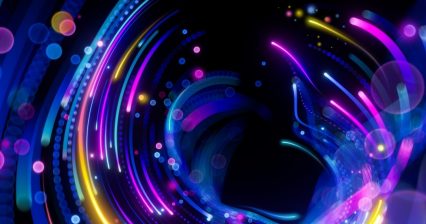The Fourth Industrial Revolution (also known as Industry 4.0) is set to dramatically transform the marketing landscape. It is being fuelled by advancing technologies such as:
Big data
With 90% of all data created in the last two years, analysts predict growth from 30 to 175 zettabytes by 2025. All this data can be analysed by marketing teams to extract important information.
Smart devices
Collectively known as the Internet of Things, these connected devices allow us to collect data on just about anything, including customers and their behaviours.
AI and machine learning
To drive the revolution, these technology disciplines apply intelligence to the vast volumes of data being created.
Alternative realities
Virtual reality completely immerses users in a virtual world that is computer generated. Augmented reality combines real and virtual worlds. While mixed reality is a compelling way for businesses to showcase products that allow customers to manipulate digital objects.
These technologies are already being used by forward-thinking organisations to generate:
Deeper customer insights
Tech innovators like Facebook are using deep learning, which is a branch of machine learning with algorithms inspired by the structure of the human brain. This is giving the company a far deeper understanding of users, so it can deliver the content people really want to see in their feeds.
Automated content
Content creation is usually the responsibility of copywriters, designers and the wider marketing team. But thanks to recent advances in natural language generation, marketing content can now be created by machines. China’s e-commerce giant Alibaba uses an AI tool on its websites that’s capable of writing 20,000 lines of ad copy per second! Businesses selling via the sites can simply click a ‘produce smart copy’ button to see different advertising ideas.
Virtual ways to try-before-you-buy
With immersive technologies that merge physical and virtual worlds, you could shop for a new home in some faraway country as if you were on-site. Rolex now uses augmented reality in its virtual showroom so customers can ‘try on’ watches from the comfort of their own home, see it on their wrist and even send photos to friends for a second opinion. Porsche also has the Car Connect App which allows auto-enthusiasts to create a 3-D photorealistic representation of their dream car.
Ultra-personalised campaigns
Coca Cola’s ultra-personalised marketing campaign – “Share a Coke” – is designed to target millennials. Each bottle is adorned with one of the most popular forenames of that generation. Some also contain semi-personal labels beyond first names, like “better half.” It was a highly successful move, generating increased sales volumes in the US for the first time in four years.
Becoming an early adopter of these innovative technologies and techniques now, before the marketing landscape becomes oversaturated, could bring significant competitive advantages to your business.
At onebite, our digital and creative teams pride themselves on designing and developing truly innovative digital solutions. Our creative approach is underpinned through a true technical understanding and passion for working collaboratively with our clients. If you are looking to develop a B2B marketing strategy or create powerful content that will resonate with your target audience, we can help. Please get in touch at hello@onebite.co.uk.




